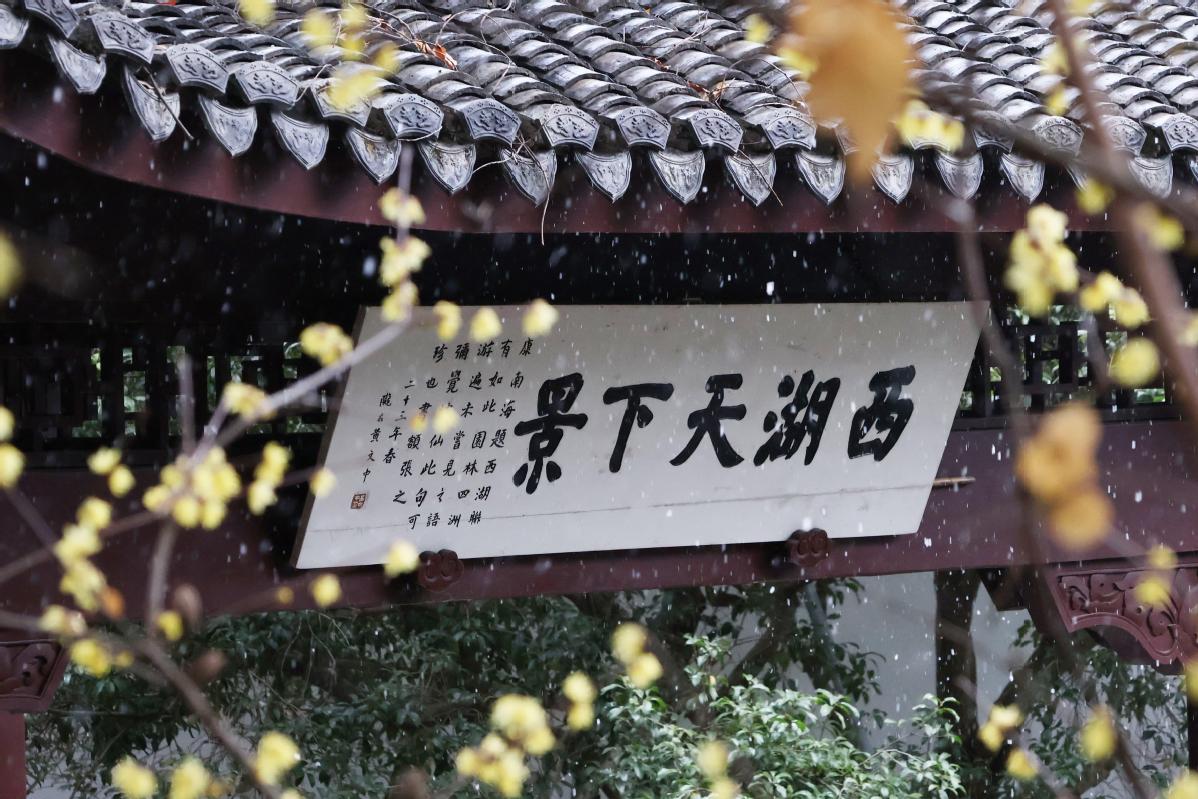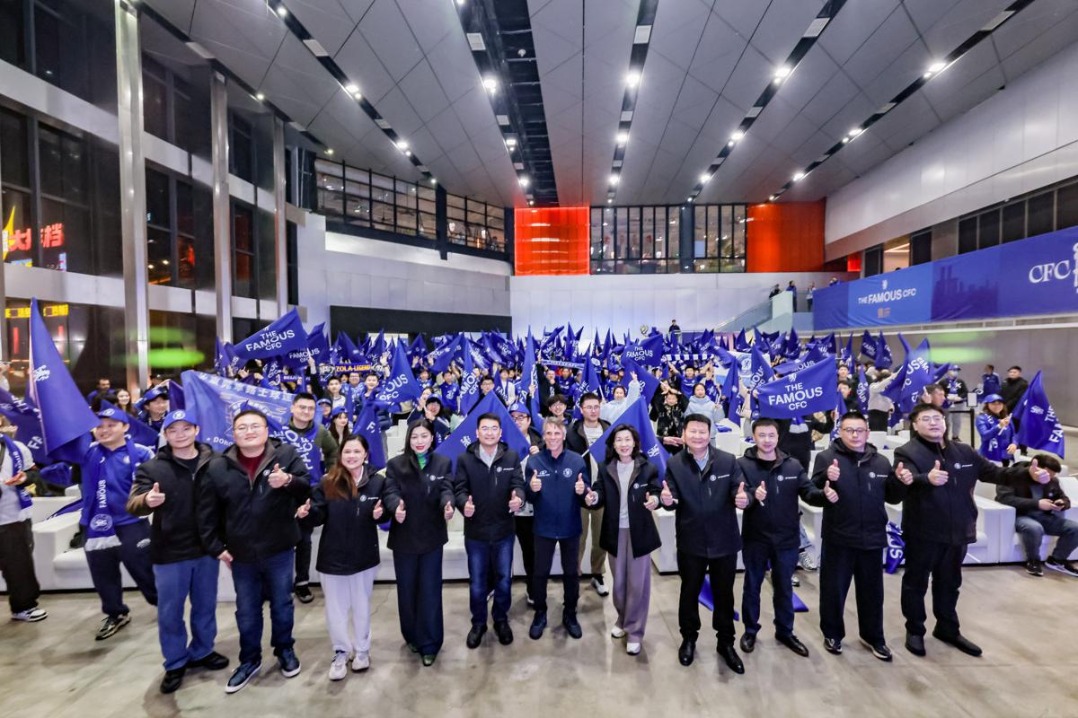Hong Kong seeks success with inno-tech industry

Does Hong Kong have any advantages in developing innovative technologies? I presume most people might initially shake their heads at this thought. On May 14, 2018, when President Xi Jinping voiced his support for Hong Kong becoming an international innovation and technology hub, I still vividly remember how most of my friends expressed their surprise about this. It was because they still firmly believe that real estate and finance are the pillar industries in Hong Kong. Unfortunately, the social environment in the following two years deteriorated. Therefore, it is time for us to address this topic seriously today.
I hope I can offer a different perspective on Hong Kong's inno-tech industry. I am confident that Hong Kong does indeed have a future in innovation and technology. I believe that there are three secrets that would inherently lead to success in Hong Kong's inno-tech industry.
First, the mentorship-entrepreneurship model (referring to the co-creating dynamic between professors and students) is unquestionably the most distinctive and successful business model in Hong Kong. For example, the world's leading drone unicorn, DJI, was co-created by Professor Li Zexiang and his student Wang Tao. Similarly, Professor Sean Tang and his student Xu Li co-founded SenseTime, Hong Kong's first AI unicorn. Another emerging AI unicorn, Smartmore, is also a prime example, as it was a co-creation of Professor Jia Jiaya and student Shen Xiayong. After examining the origins of these three tech unicorns, I think it is safe to say that this model has its own merits.
Second, the production-research cooperation mechanism in Hong Kong has proved to be helpful in successfully commercializing a chain of laboratory products. Unlike the Chinese mainland and overseas countries, Hong Kong allows companies to directly support research laboratories at universities. There are no rules restricting a company from being founded by a university professor. If the sponsorship cost is more than 50 percent, the research and development results of the laboratory can be directly owned by the company. Strategic business-university research collaborations provide myriad benefits to participants. For academics, these benefits can include the opportunity to address challenging research questions with real-world applications, see that their research has tangible impacts, and gain access to new skills, data or equipment. Companies can improve business performance through developing new techniques or technologies, de-risk investment in research, and extend the capabilities and expertise available to the firm. The HKUST-DJI Joint Innovation Laboratory is a typical case. As the Guangdong-Hong Kong-Macao Greater Bay Area region continues to grow as a research and development hub, the need to strengthen synergy with elite universities in the region becomes imminent for research collaboration, talent and entrepreneur development, and open innovation, as quoted from the introduction of this co-lab.
Third, the dandelion model can be seen as an excellent way for Hong Kong's inno-tech creations to reach success. Propelled only by the wind, dandelion seeds can quickly spread across the world. In this case, the seeds are the metaphor for the global inno-tech talent, and Hong Kong shall be the ultimate grass field that nurtures those seeds. Hong Kong's inno-tech success is not a result of entrepreneurship that exists only within Hong Kong residents but within individual entrepreneurs from all over the world. As an international city where East meets West, Hong Kong is a place that attracts people of diverse backgrounds and skillsets, which all are precious resources that can help benefit our society into becoming a better place. If we could open our minds and welcome talent from all corners of the world, surely they would leave their seeds of knowledge and expertise (e.g., IPs, copies of their software creations and research data) here in Hong Kong. Consequently, Hong Kong will have the opportunity to become the most-active trading market for intellectual property and a place that supplies a fundamental source of income for digital taxpayers.
Franklin D. Roosevelt once said, "We cannot always build a future for our youth, but we can always build our youth for the future." In parallel, we can also say that: We cannot always prepare tomorrow for Hong Kong, but we can prepare Hong Kong for tomorrow.
The author is board member and executive director of HKAI LAB.
The views do not necessarily reflect those of China Daily.
- Good start for new five-year plan stressed
- Former Hainan official sentenced in bribery case
- Hangzhou residents enjoy rare snowfall
- Artificial reefs part of successful marine conservation efforts in Guangdong
- Zigong lantern festival combines cultural heritage with advanced technology
- Woman executed for abusing and killing stepdaughter





































